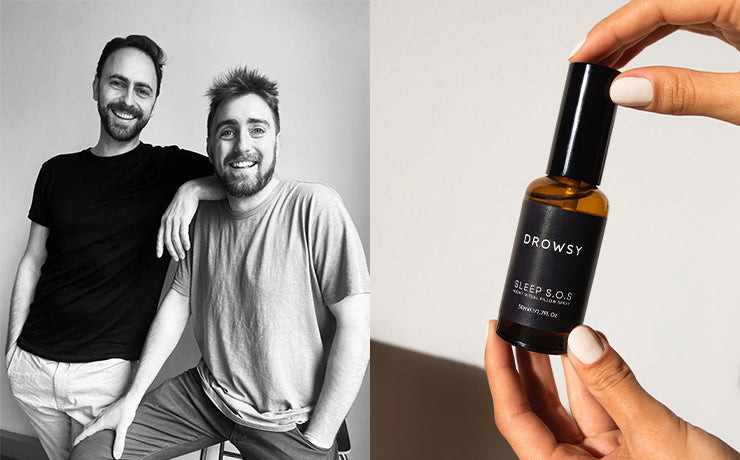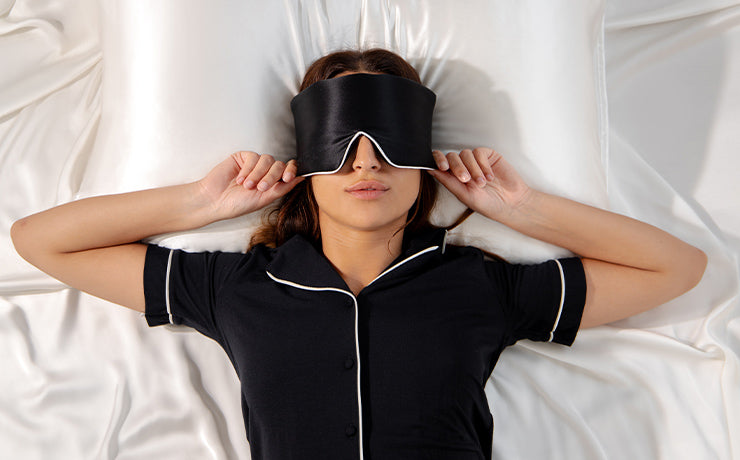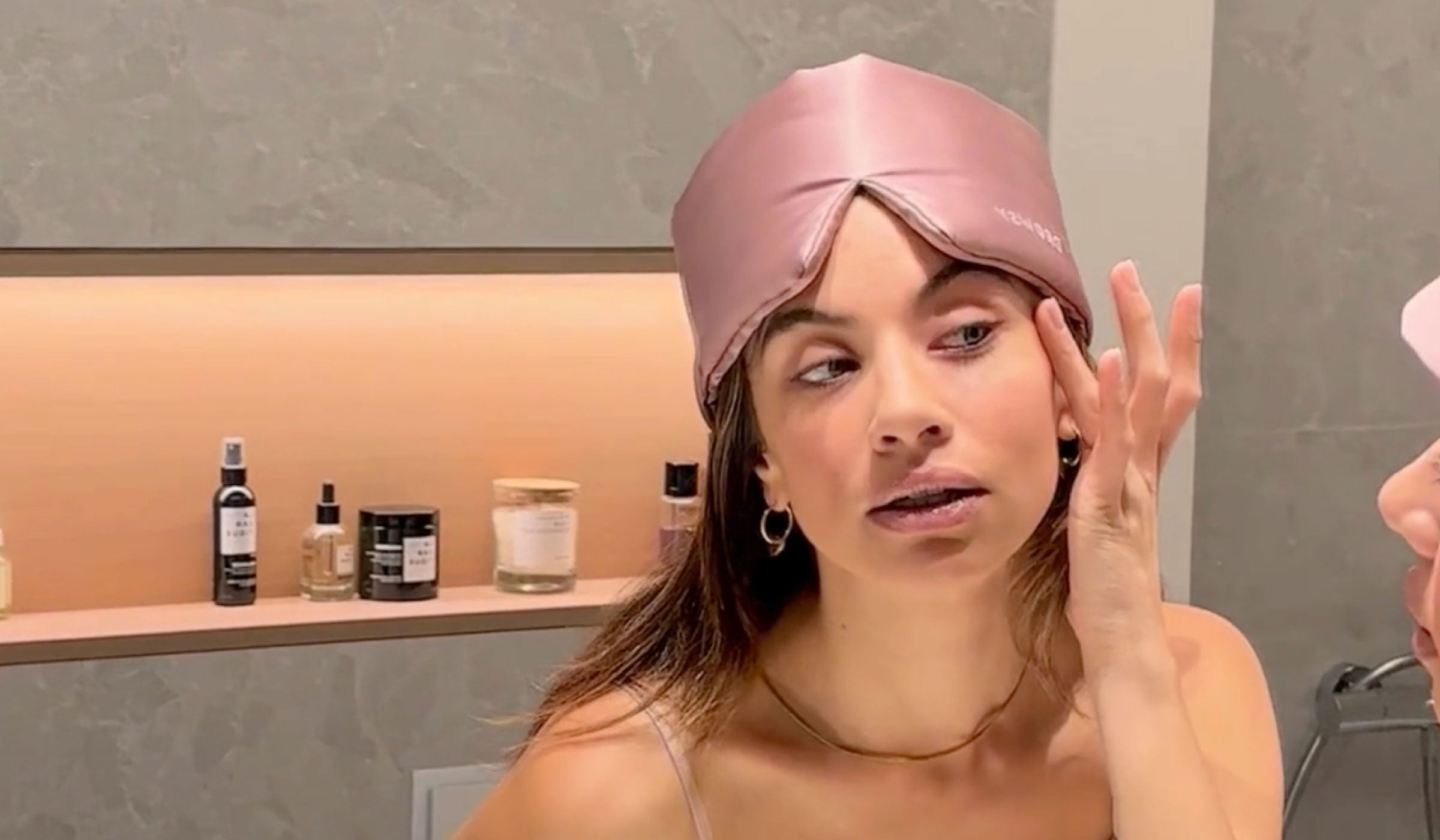Sleep or retinol: which one for looking young?
While we might be biased towards sleep as the foundation for everything, we took a hard look at the research behind retinol as an anti-ageing ingredient to give you a fair rundown. Our advice, of course, will still be to get 7–9 hours of good, restful sleep as often as possible (ideally every night). But adding retinol into your routine could do some good, too.
Sleep and retinol serve slightly different anti-ageing functions
During sleep we repair and regenerate cells – including skin cells. With inadequate sleep, we don’t get the cell recovery needed for healthy looking skin, but we also increase the stress hormone – cortisol – which causes a breakdown of collagen. One study documented that individuals who slept poorly showed up to 50% more signs of ageing than those who slept well. So sleep is essential to maintaining health and works to avoid (or delay) the degradation of our skin and natural collagen production.
Retinol, on the other hand, works to counteract the signs of ageing on our skin that we can’t avoid. It promotes faster cell turnover and increased collagen production which can improve the appearance of fine lines, wrinkles and sun spots that have appeared over the years. As a topical treatment, it is a targeted solution for the skin.
Using retinol has been shown to improve wrinkles by up to 36% after 12 weeks in some studies. And in other studies, 40–60% of participants noted skin improvements when using retinol over 12 weeks or more.

Benefits at any age
Sleep can maintain collagen and be beneficial at any age, and in every day of your life.
Retinol is a ‘solve’ for more mature skin that has already started to lose its collagen and show signs of ageing, such as fine lines and pigmentation. While you’re young, sleep is more effective at restoring, repairing and renewing skin cells overnight, as well as maintaining healthy levels of collagen production that keeps skin looking plump and youthful. As you age and your collagen production naturally slows, fine lines will start to appear and at this time, retinol will likely be more effective at combating them.
Risk factors
Retinol is a strong active ingredient that does come with some risk of irritation and skin damage for certain skin types. It is also not recommended for use during pregnancy. At the end of 2023, the European Union brought in restrictions on the concentration of retinol in over-the-counter products such as face serums and moisturisers. But, they have claimed that the reason was to limit our total exposure to vitamin A – which can be absorbed from a variety of sources, mostly through the foods we eat. So, while the risks of applying retinol to the skin aren’t exactly clear cut, it’s advised that you proceed carefully. Test your skin’s tolerance to it slowly, don’t start using it before you need to, and avoid when pregnant.
As for the risk factors associated with sleep… beyond the risk of oversleeping and running late for a meeting or missing breakfast, there is very little to be concerned about.
Is there a verdict?
In summary, sleep provides a broad range of health benefits for the body, brain and skin – and is necessary for all of us, at all ages. Retinol specifically targets ageing on the skin, and is best suited to those who are showing signs of ageing and want to combat the fine lines that start to appear when our natural collagen production has slowed down. Both sleep and retinol contribute to a healthier, plumper, more youthful complexion.




